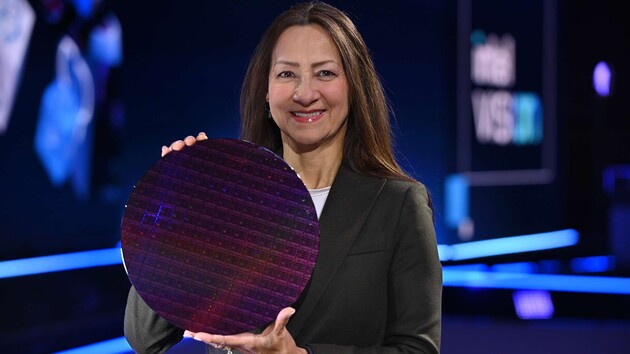What do Intel and the U.S. federal government have in common? Neither of them has a supercomputer. And that’s because Intel’s ability to build a 4th generation Xeon ‘Sapphire Rapids’ super processor keeps getting set back, most recently when it was revealed the chip had 500 bugs the company needed to fix.
The Sapphire Rapids chips have been delayed several times over the past two years with no reasons given. Then, last week, computing watchdog site Igor’s Lab revealed Intel was working on 500 bugs that required 12 steppings to fix them. Ouch.

The Sapphire Rapids processor increases core count to 60 and brings Advanced Matrix Extensions (AME), Data Streaming Acceleration (DSA), and HBM2E memory support. Put mildly, the chip is a next-generation monster of a processor designed to work with so-called ‘supercomputers.’
But 500 bugs requiring 12 steppings is a monster of a project to fix. Steppings are a system used by Intel to identify the changes to a unit. They consist of a letter and a number, such as A2. A number change means a minor fix or adjustment was made, while a letter change means an extensive design overhaul was made. The Sapphire Rapids bugs require three letter changes and nine number changes.
Intel’s scalable data center CPU has been in the works for several years as part of a large contract with the United States Department of Energy (DoE) to build the Aurora supercomputer, a massive data center able to handle the government’s vast computing needs without the need for third-party cloud vendors, such as Microsoft Azure and Amazon Web Services. The government unveiled contracts for three supercomputers in 2019.
Two of them are hybrid computers built by AMD and HP. The Aurora is the only fully Intel-built computer in the contract. None of them are operational yet, although the AMD/HP computers have been built and are going through testing. It’s the Intel-only Aurora that is holding the project back.
These Intel chips were due in the first quarter of this year after one and a half years of setbacks. It now looks as if the US government will have to wait a lot longer.
Editors’ Recommendations




